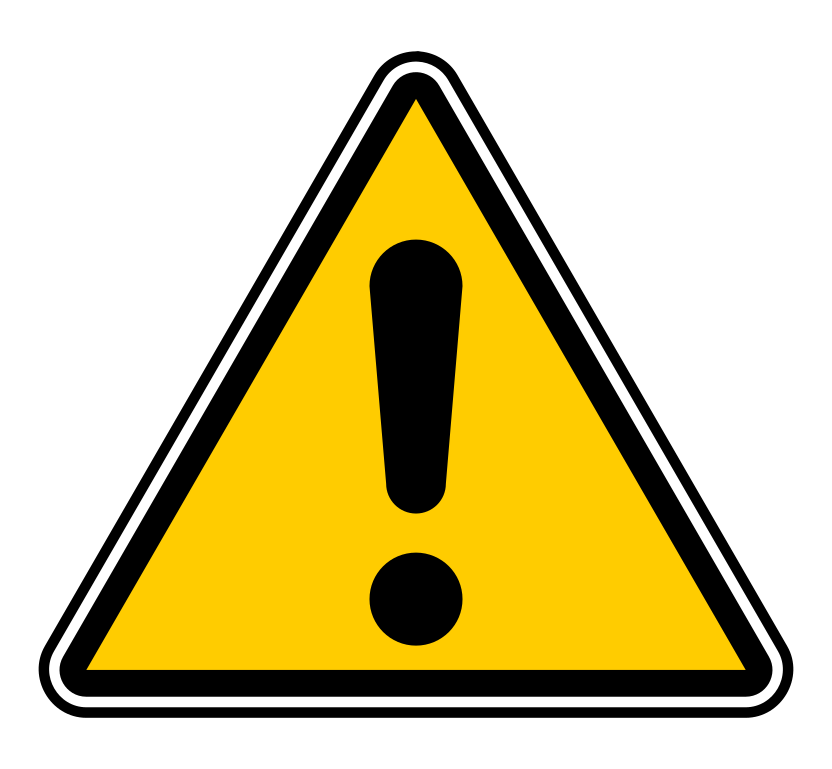Lori
Well-known member
Good Morning Coders!
What are you coding today?
Signs and symptoms Codes that describe symptoms and signs, as opposed to diagnoses, are acceptable for reporting purposes when a related definitive diagnosis has not been established (confirmed) by the provider. Chapter 18 of ICD-10-CM, Symptoms, Signs, and Abnormal Clinical and Laboratory Findings, Not Elsewhere Classified (codes R00.0 - R99) contains many, but not all, codes for symptoms.
See Section I.B.18 Use of Signs/Symptom/Unspecified Codes
18. Use of Sign/Symptom/Unspecified Codes
Sign/symptom and “unspecified” codes have acceptable, even necessary, uses. While
specific diagnosis codes should be reported when they are supported by the available
medical record documentation and clinical knowledge of the patient’s health condition,
there are instances when signs/symptoms or unspecified codes are the best choices for
accurately reflecting the healthcare encounter. Each healthcare encounter should be
coded to the level of certainty known for that encounter.
As stated in the introductory section of these official coding guidelines, a joint
effort between the healthcare provider and the coder is essential to achieve
complete and accurate documentation, code assignment, and reporting of
diagnoses and procedures. The importance of consistent, complete documentation
in the medical record cannot be overemphasized. Without such documentation
accurate coding cannot be achieved. The entire record should be reviewed to
determine the specific reason for the encounter and the conditions treated.
If a definitive diagnosis has not been established by the end of the encounter, it is
appropriate to report codes for sign(s) and/or symptom(s) in lieu of a definitive
diagnosis. When sufficient clinical information isn’t known or available about a
particular health condition to assign a more specific code, it is acceptable to report the
appropriate “unspecified” code (e.g., a diagnosis of pneumonia has been determined,
but not the specific type). Unspecified codes should be reported when they are the codes
that most accurately reflect what is known about the patient’s condition at the time of
that particular encounter. It would be inappropriate to select a specific code that is not
supported by the medical record documentation or conduct medically unnecessary
diagnostic testing in order to determine a more specific code.

What are you coding today?
Signs and symptoms Codes that describe symptoms and signs, as opposed to diagnoses, are acceptable for reporting purposes when a related definitive diagnosis has not been established (confirmed) by the provider. Chapter 18 of ICD-10-CM, Symptoms, Signs, and Abnormal Clinical and Laboratory Findings, Not Elsewhere Classified (codes R00.0 - R99) contains many, but not all, codes for symptoms.
See Section I.B.18 Use of Signs/Symptom/Unspecified Codes
18. Use of Sign/Symptom/Unspecified Codes
Sign/symptom and “unspecified” codes have acceptable, even necessary, uses. While
specific diagnosis codes should be reported when they are supported by the available
medical record documentation and clinical knowledge of the patient’s health condition,
there are instances when signs/symptoms or unspecified codes are the best choices for
accurately reflecting the healthcare encounter. Each healthcare encounter should be
coded to the level of certainty known for that encounter.
As stated in the introductory section of these official coding guidelines, a joint
effort between the healthcare provider and the coder is essential to achieve
complete and accurate documentation, code assignment, and reporting of
diagnoses and procedures. The importance of consistent, complete documentation
in the medical record cannot be overemphasized. Without such documentation
accurate coding cannot be achieved. The entire record should be reviewed to
determine the specific reason for the encounter and the conditions treated.
If a definitive diagnosis has not been established by the end of the encounter, it is
appropriate to report codes for sign(s) and/or symptom(s) in lieu of a definitive
diagnosis. When sufficient clinical information isn’t known or available about a
particular health condition to assign a more specific code, it is acceptable to report the
appropriate “unspecified” code (e.g., a diagnosis of pneumonia has been determined,
but not the specific type). Unspecified codes should be reported when they are the codes
that most accurately reflect what is known about the patient’s condition at the time of
that particular encounter. It would be inappropriate to select a specific code that is not
supported by the medical record documentation or conduct medically unnecessary
diagnostic testing in order to determine a more specific code.



